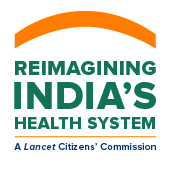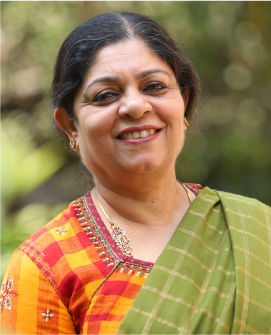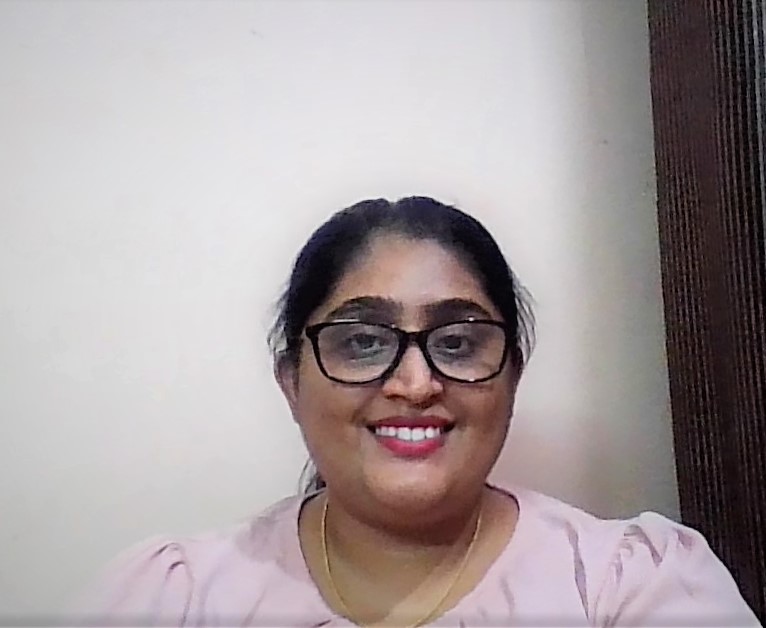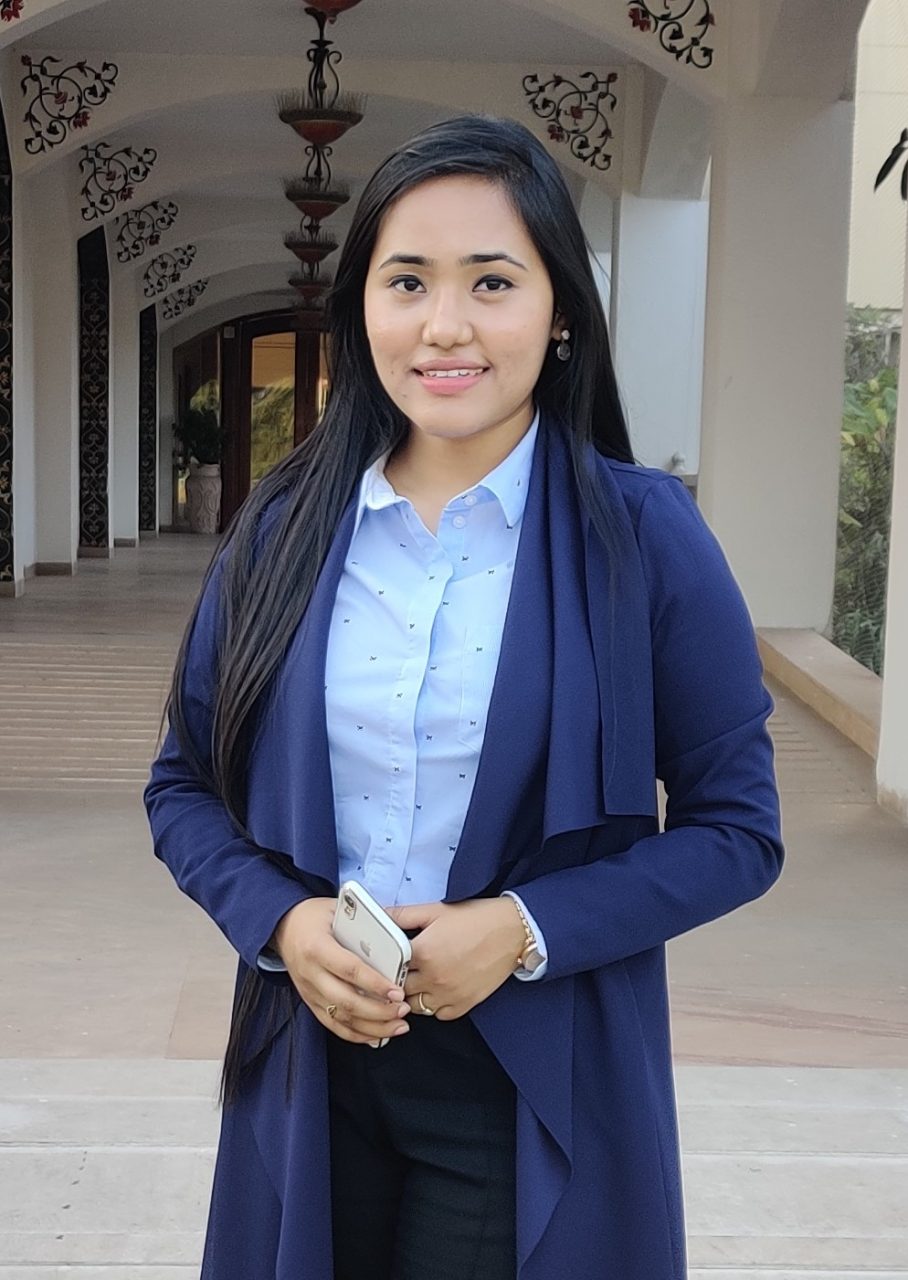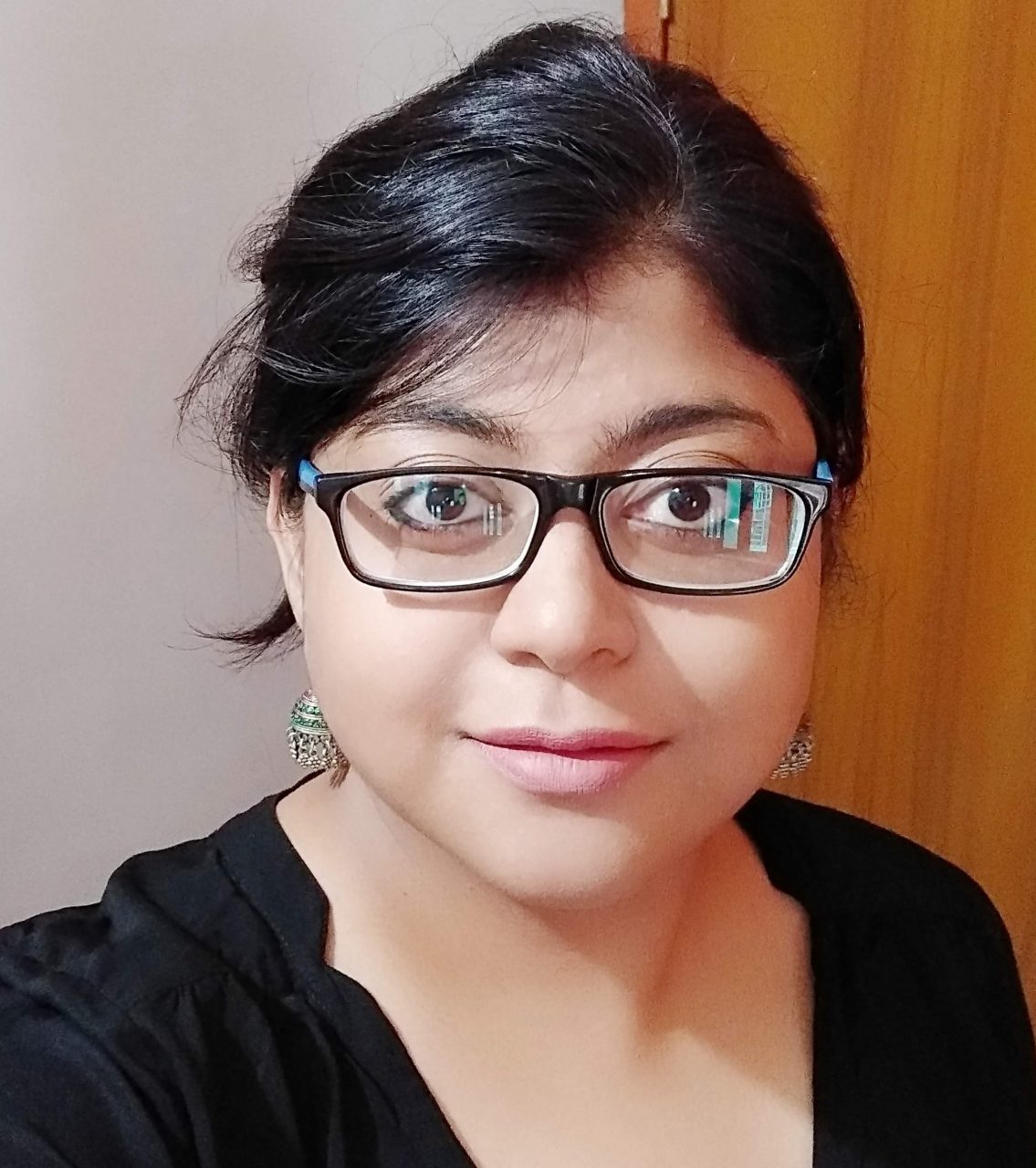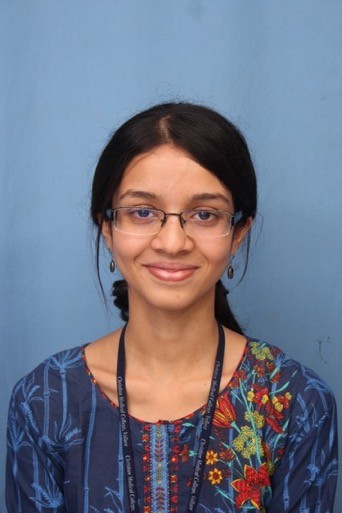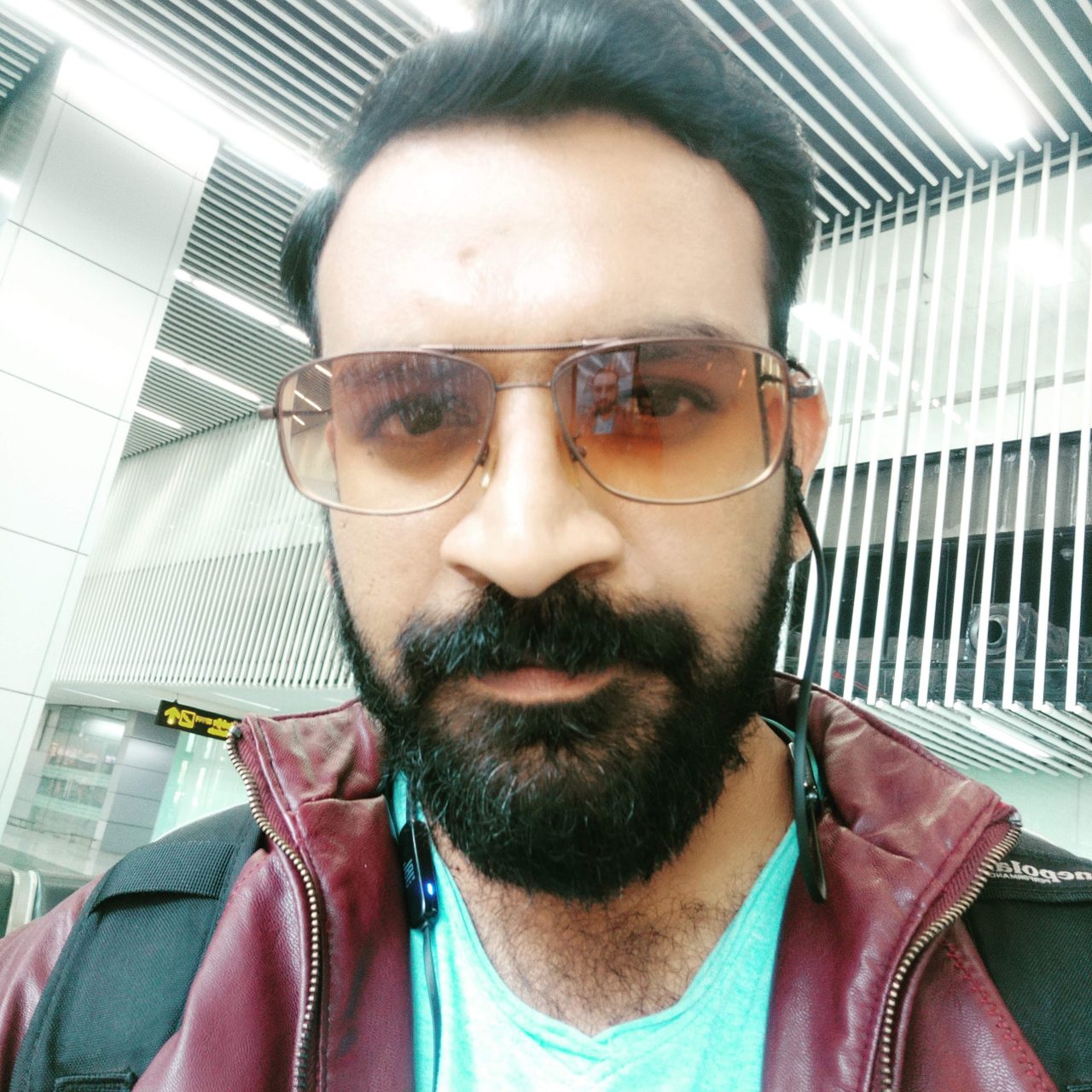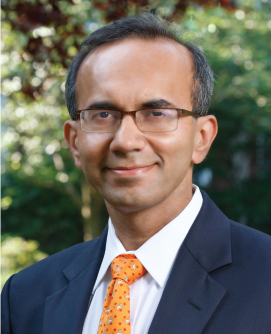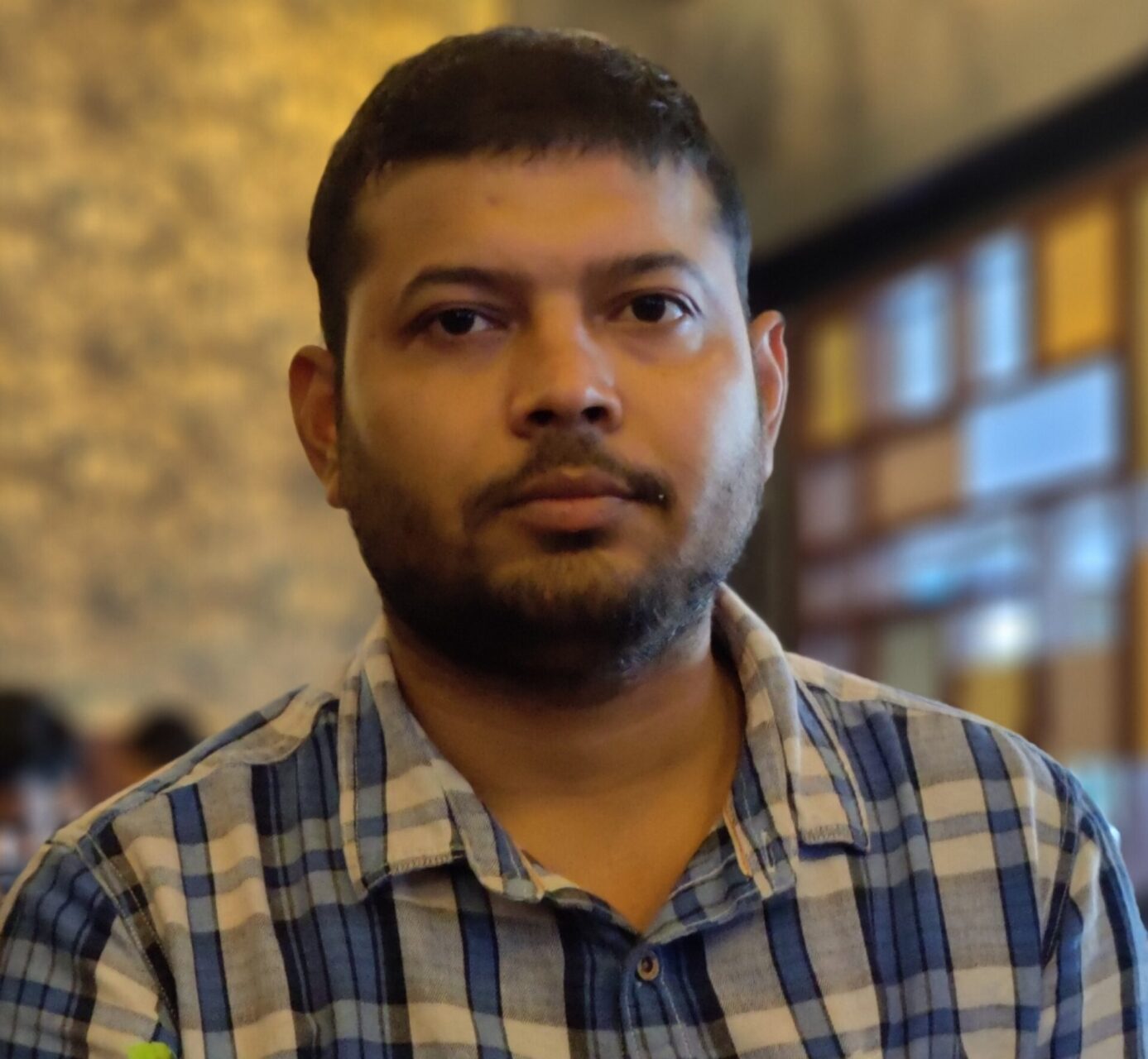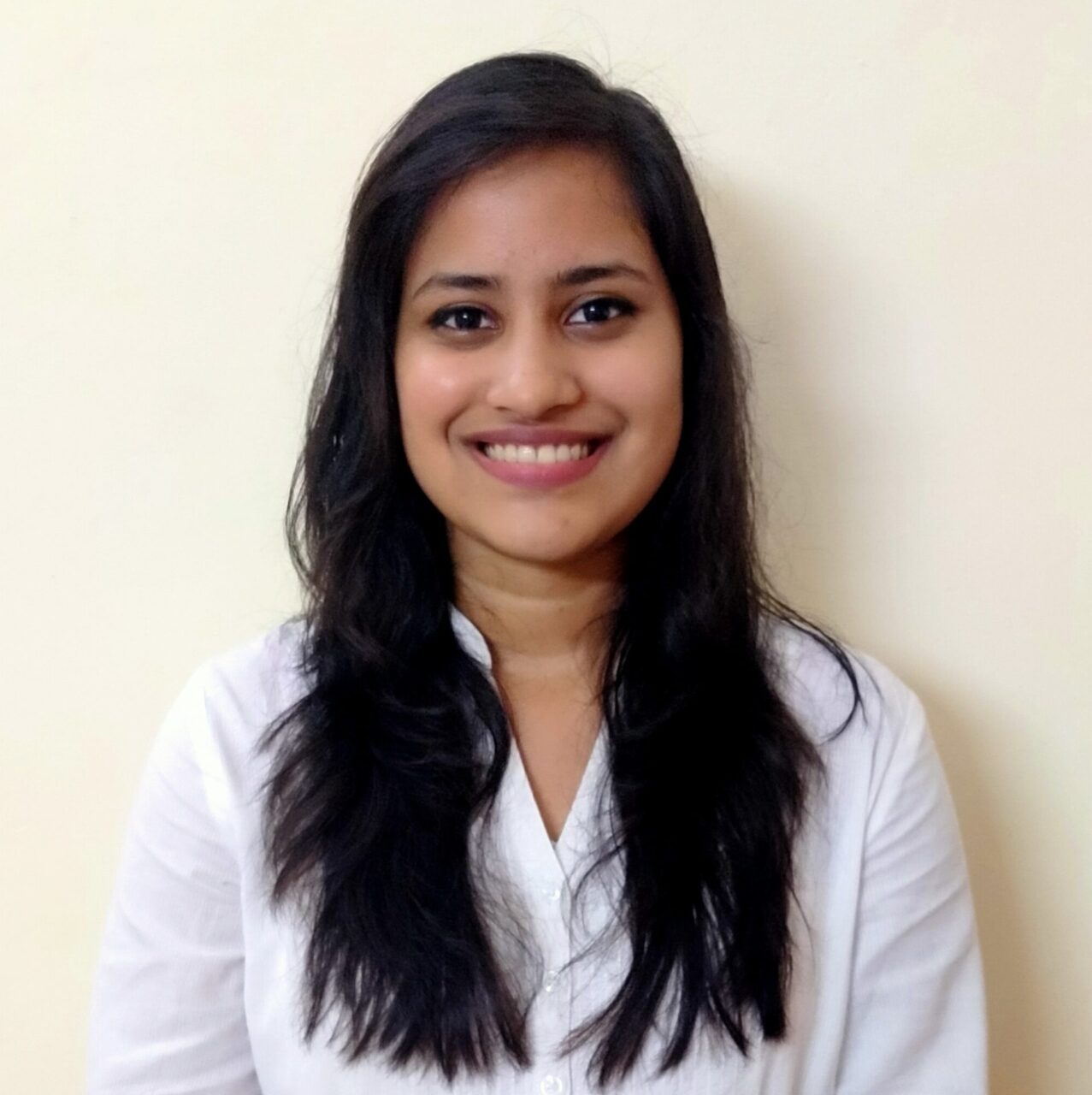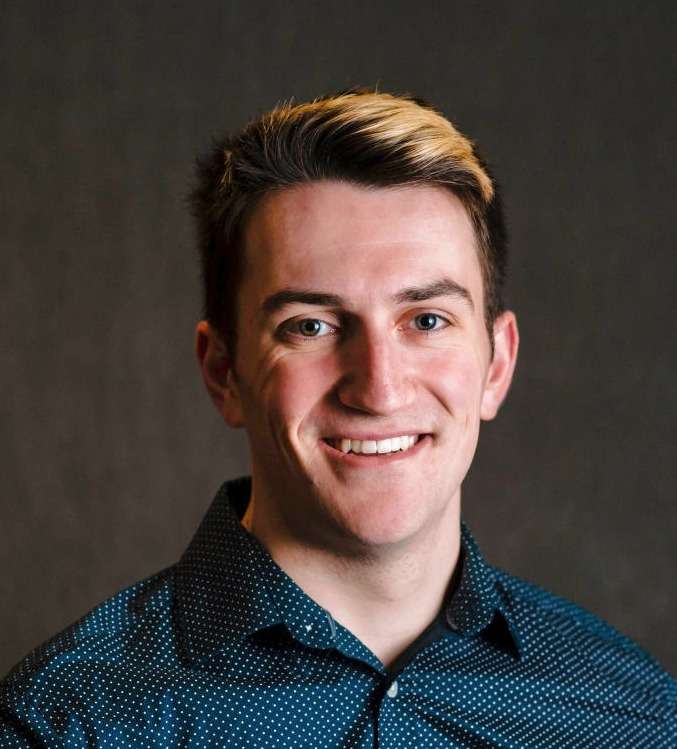Workstreams
- What would be the estimated total funding needed for healthcare in India?
- How can health expenditures be increased from national and state tax-funds?
- How can the performance of government managed pools be improved?
- What is the impact and size of Commercial Health Insurance?
- How can better value from Out-of-Pocket expenditures be derived?
Workstream Co-Chair
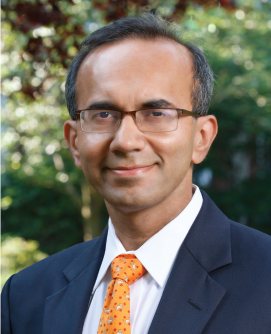
Tarun Khanna
Jorge Paulo Lemann Professor, Harvard Business School; Director, The Lakshmi Mittal and Family South Asia Institute, Harvard University
Commissioners Involved
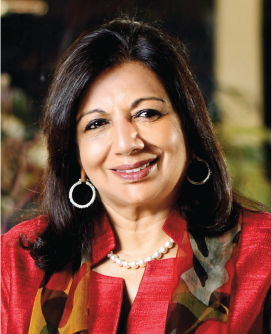
Kiran Mazumdar-Shaw
Executive Chairperson, Biocon Ltd.

Sharad Sharma
Co-founder, iSPIRT Foundation
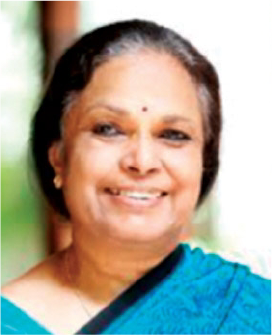
K Sujatha Rao
Former Secretary of Health and Family Welfare, Government of India
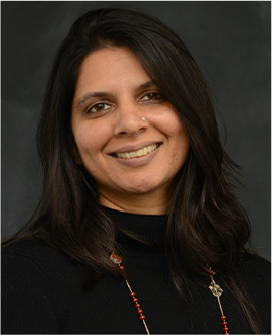
Yamini Aiyar
President and Chief Executive, Centre for Policy Research
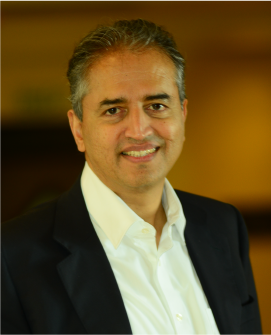
Devi Shetty
Chairman, Narayana Hrudayalaya Limited
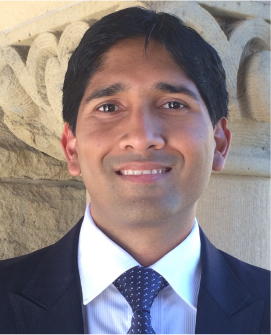
Atul Gupta
Assistant Professor, Department of Health Care Management, Wharton School, University of Pennsylvania.

Sandhya Venkateswaran
Senior Fellow, Centre for Social and Economic Progress
Commission Fellows

Shruti Slaria
Assistant Manager with Invest India
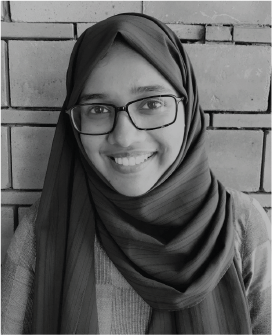
Hasna Ashraf
Research Associate with the Social Protection Initiative at Dvara Research.
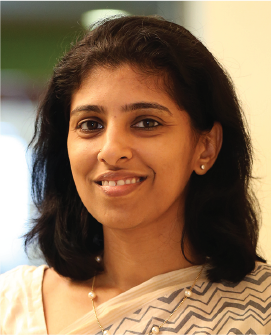
Bindu Ananth
Co-founder and Chair of Dvara Trust.
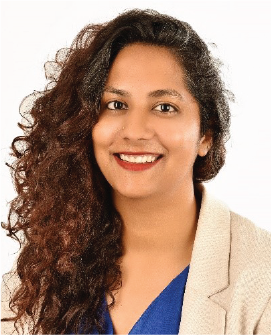
Tejasvi Ravi
Principal at Lightrock

Neela Saldanha
Executive Director, Yale Research Initiative on Innovation and Scale (Y-RISE), Yale University

Sudheer Kumar Shukla
Research Fellow at the Lancet Commission

Anjali Nambiar
Research Associate at the Social Protection Initiative, Dvara Research

Akriti Gupta
CEO, Unbound 2.0

Aparajita Bharti
Founding Partner, The Quantum Hub (TQH)
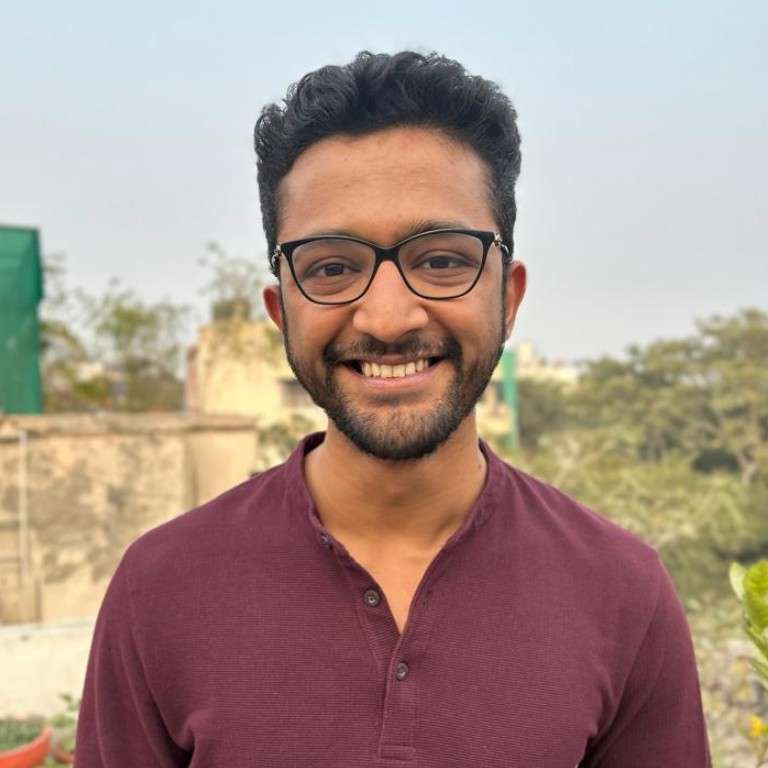
Nikhil Iyer
Senior Public Policy Analyst, The Quantum Hub (TQH)
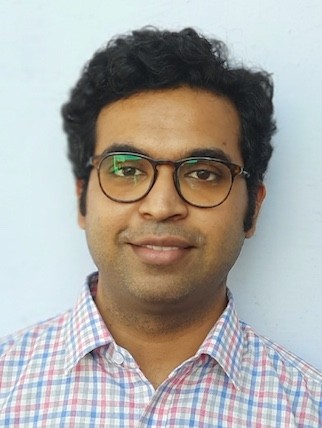
Mayank Mishra
Public Policy Manager, The Quantum Hub

Sampriti Mukherjee
Project Associate – Project Management and Partnerships, Janaagraha Centre for Citizenship and Democracy
- What has been the experience of beneficiaries in seeking healthcare and how can some of the systemic challenges they face be addressed?
- Who are the different players in the provision of healthcare services? What role can they play in ensuring universal access to health services, adequate financial risk protection, high qualityof healthcare and accountability across different levels?
- What is the role of citizens, community based organizations and service providers (both public and private) in UHC? How can such roles be enabled and enhanced to achieve the objective of UHC?
- What innovative, solutions-driven platforms are available for citizens to engage with healthcare providers? How can these platforms be strengthened?
Workstream Co-Chair
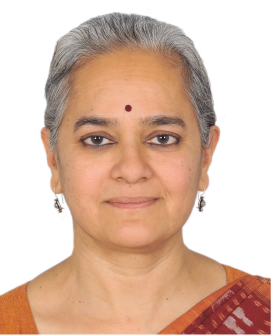
Mirai Chatterjee
Director, Social Security Team, Self-Employed Women’s Association [SEWA]
Commissioners Involved

Vikram Patel
Pershing Square Professor of Global Health, Harvard Medical School; Professor, Harvard TH Chan School of Public Health; Co-founder, Sangath

Gagandeep Kang
Clinician Scientist and Professor in the Department of Gastrointestinal Sciences, Christian Medical College
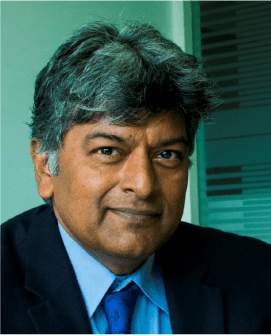
Vijay Chandru
Professor, Interdisciplinary Research, Indian Institute of Science
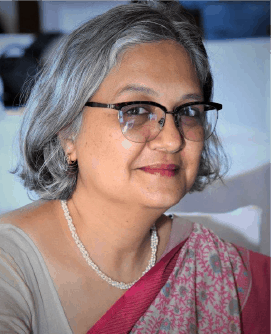
Leila E Caleb Varkey
Independent Public Health Researcher

Arnab Mukherji
Professor of Public Policy, Center for Public Policy, IIM Bangalore
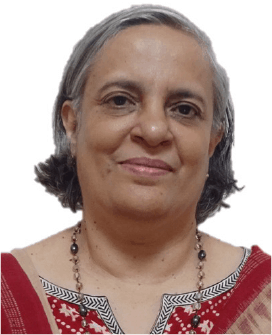
Thelma Narayan
Director, Academics & Policy Action, SOCHARA

Sandhya Venkateswaran
Senior Fellow, Center for Social and Economic Progress

S V Subramanian
Professor of Population Health and Geography, Harvard Center for Population and Development Studies and Department of Social and Behavioral Sciences, Harvard T H Chan School of Public Health
Commission Fellows

Alok Vajpeyi
Joint Director/Head, Knowledge Management and Core Grants with Population Foundation of India.
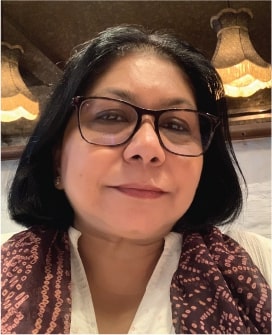
Dipa Nag Chowdhury
Director Programmes at Population Foundation of India

Bijit Roy
Manages Secretariat of the Advisory Group on Community Action (AGCA)
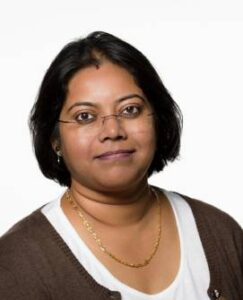
Dipanwita Sengupta
Consultant, CMC Vellore
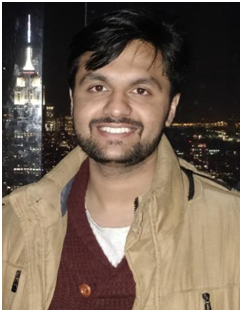
Siddhesh Zadey
Co-founder, Association for Socially Applicable Research (ASAR – असर), Pune, Maharashtra, India
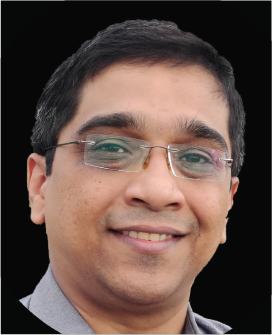
Jacob John
Professor of Community Medicine at the Christian Medical College, Vellore

Sudheer Kumar Shukla
Research Fellow at the Lancet Commission

Sanghamitra Singh
Health Scientist and Senior Manager, Knowledge Management and Partnerships at Population Foundation of India
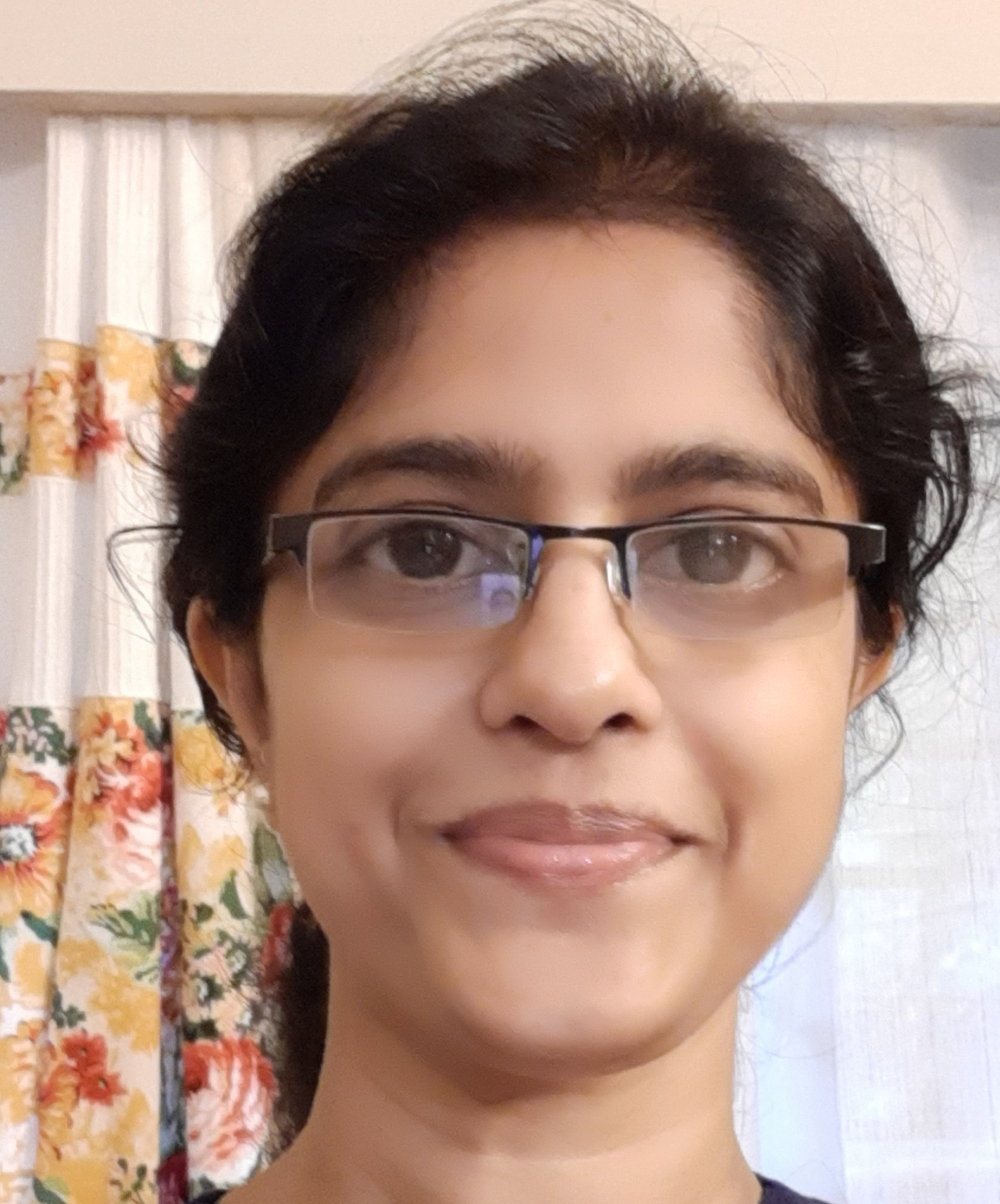
Anu Mary Oommen
Professor of Community Medicine, CMC Vellore

Sophy Korula
Paediatrician at Christian Medical College and Hospital, Vellore
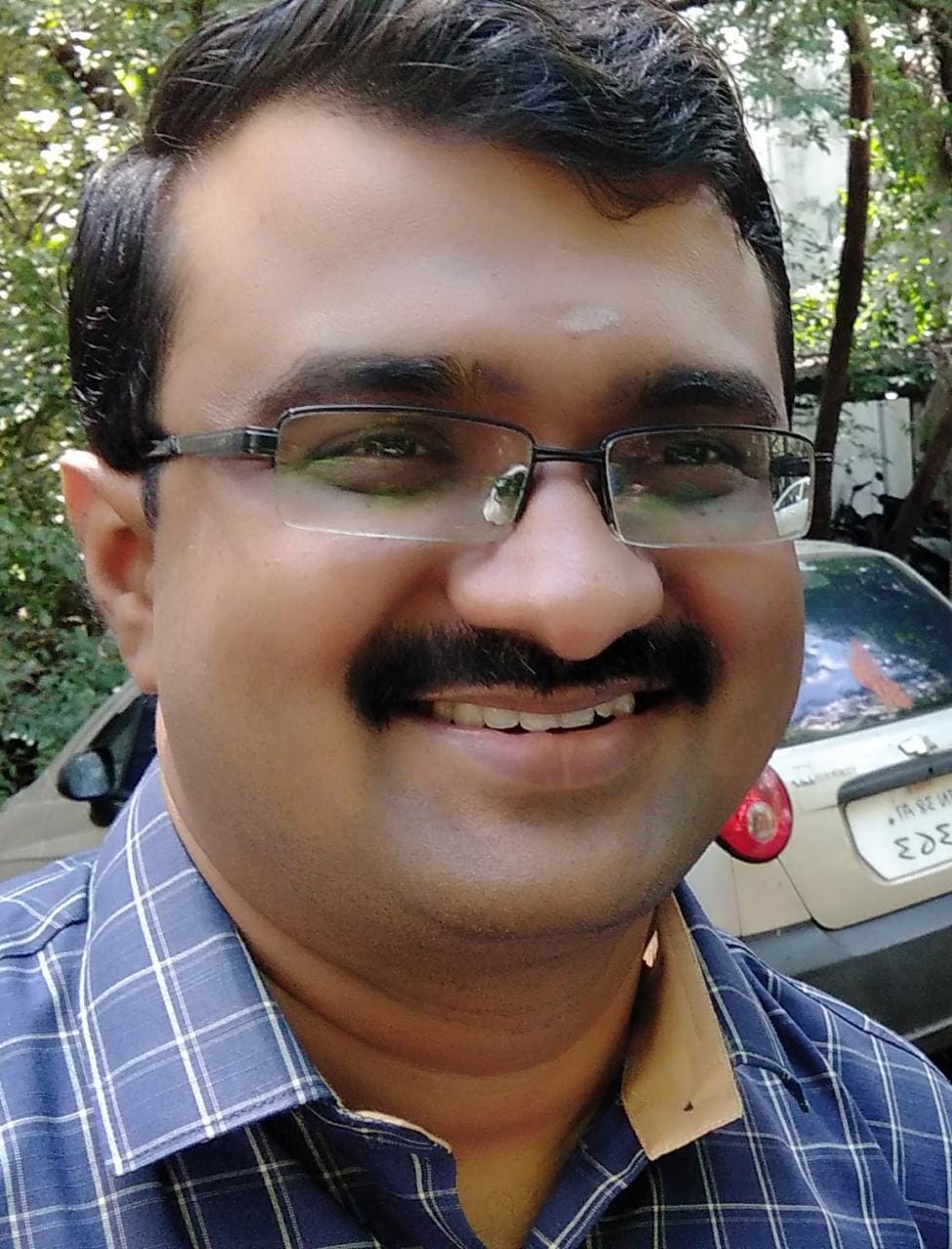
Prakash S.S.
Professor of Community Medicine at the Christian Medical College, Vellore
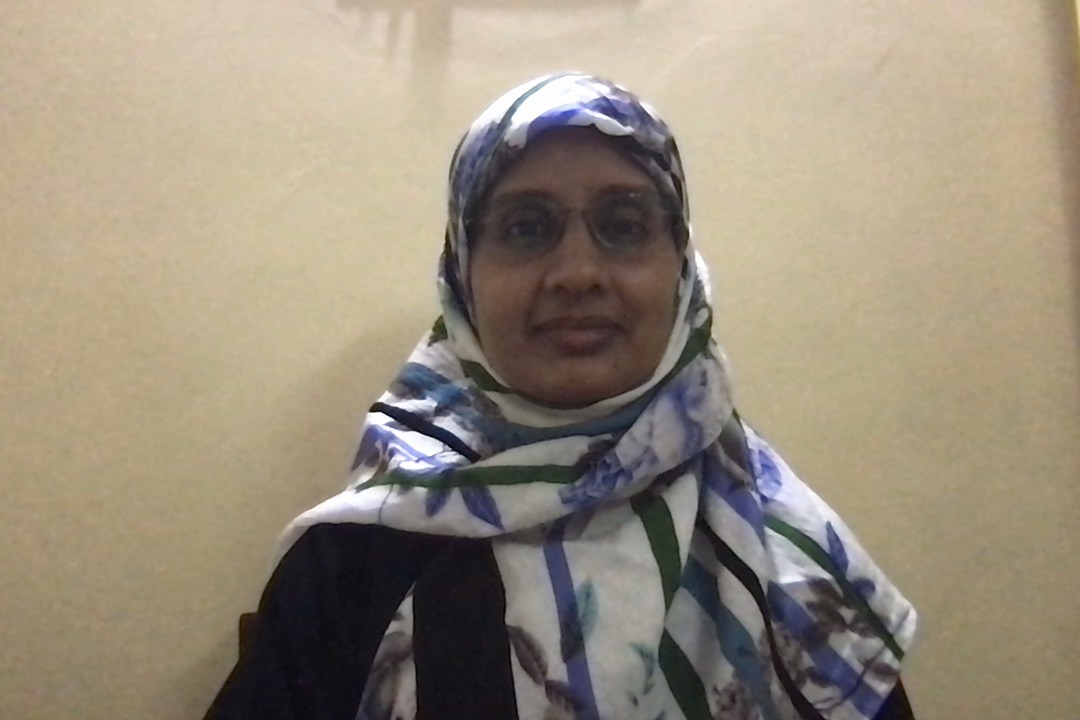
Dr. Sajitha M.F. Rahma, MD, MCISc
Associate Professor, Dept of Family Medicine, CMC, Vellore

Arun Singh Jadaun
Program Officer in Society for Applied Studies, New Delhi

Dr. Nonita Dudeja
Research Scientist at Centre for Health Research and Development, Society for Applied Studies, New Delhi

Madhumitha Balaji
Clinical psychologist and Researcher, Sangath, India

Megha Rao
Senior Research Associate, Centre for Public Policy, IIM Bangalore
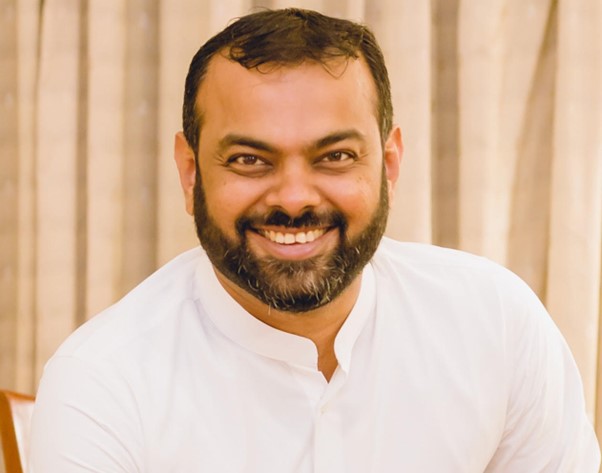
Dr. Ajay Nair
CEO, Swasth Alliance
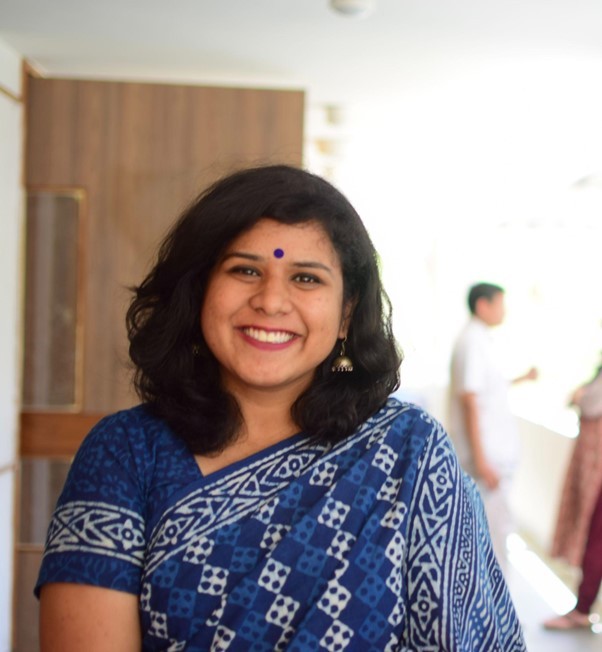
Shivangi Sharan
Analyst, Swasth Alliance

Dr. Urvi Pai
Chief of Staff, Swasth Alliance

Noah Carton-Rossen
MPH candidate in health policy, Harvard T.H. Chan School of Public Health

Dr. Sandul Yasobant
Postdoc fellow, Institute for Hygiene & Public Health, University Hospital Bonn, Germany
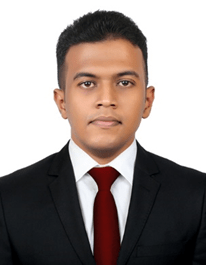
Vinod Joseph K J
PhD student, Department of Statistics, University of Bologna and the Laboratory of Digital and Computational Demography, Max Planck Institute for Demographic Research (MPIDR), Germany.

Anand Chukka
Third-Year Medical Student, Harvard Medical School

Priya Sarma
M.S. candidate in Global Health and Population, Harvard T.H. Chan School of Public Health
- The architecture for regulation (public and private), such as what should be regulated, and how effective institutional structures can be built and enforced
- The federal arrangements that need to be in place, such as aligning functions across various levels of government, fiscal arrangements, and institutional dynamics
- Accountability, including understanding professional norms and ethics, devising the right incentives for performance, and creating the right trust dynamic (doctor-patient dynamics)
Commissioners Involved

Gagandeep Kang
Clinician Scientist and Professor in the Department of Gastrointestinal Sciences, Christian Medical College

Mirai Chatterjee
Director, Social Security Team, Self-Employed Women’s Association [SEWA]

Kiran Mazumdar-Shaw
Executive Chairperson, Biocon Ltd.

Arnab Mukherji
Professor of Public Policy, Center for Public Policy, IIM Bangalore

Thelma Narayan
Director, Academics & Policy Action, SOCHARA

Leila E Caleb Varkey
Independent Public Health Researcher

Sapna Desai
Associate, Population Council

Sandra Albert
Director, Indian Institute of Public Health Shillong and Professor of Public Health
Commission Fellows
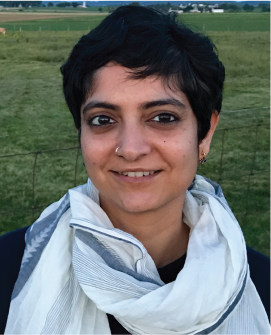
Mekhala Krishnamurthy
Associate Professor of Sociology and Anthropology at Ashoka University and a Senior Fellow at the Centre for Policy Research (CPR)
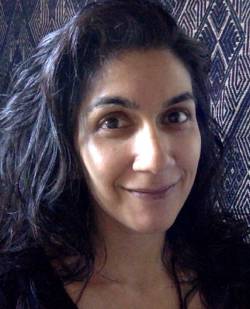
Radhika Gore
Director of Research at the Family Health Centers at NYU Langone (FHC)
- Human resource policy, planning and processes to estimate the needs and composition of workforce based on changing demography and disease burden
- Organizational, regulatory and institutional capacities required to build competencies of health workers and service providers
- Leveraging India’s plural health systems to deliver effective health care
Commissioners Involved

Gagandeep Kang
Clinician Scientist and Professor in the Department of Gastrointestinal Sciences, Christian Medical College

Vikram Patel
Pershing Square Professor of Global Health, Harvard Medical School; Professor, Harvard TH Chan School of Public Health; Co-founder, Sangath
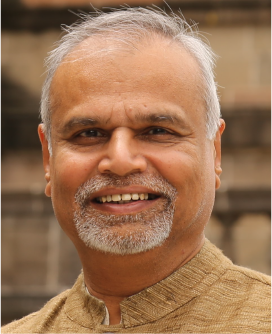
Bhushan Patwardhan
Distinguished Professor, Interdisciplinary School of Health Sciences, Savitribai Phule Pune University, Pune, India; Chair, Interdisciplinary AYUSH Research and Development Task Force of Ministry of AYUSH

Leila E Caleb Varkey
Independent Public Health Researcher

Devi Shetty
Chairman, Narayana Hrudayalaya Limited

Thelma Narayan
Director, Academics & Policy Action, SOCHARA

Sapna Desai
Associate, Population Council

Sandra Albert
Director, Indian Institute of Public Health Shillong and Professor of Public Health
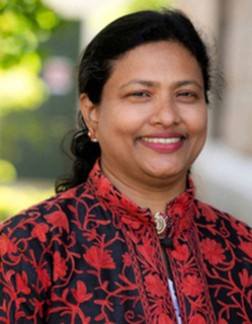
Preethi John
Associate Professor and Deputy Director, UCL Global Business School for Health; Faculty of Population Health Sciences, UCL, London, UK
Commission Fellows

Dipanwita Sengupta
Consultant, CMC Vellore
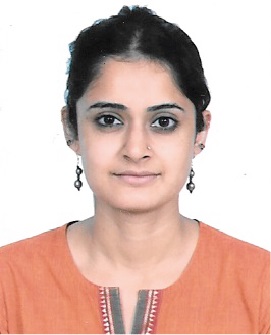
Amrita Sekhar
Consultant, Division of GI Sciences, Christian Medical College, Vellore

Sarika Chaturvedi
Scientist, Dr D Y Patil University, Pune

Siddhesh Zadey
Co-founder, Association for Socially Applicable Research (ASAR – असर), Pune, Maharashtra, India
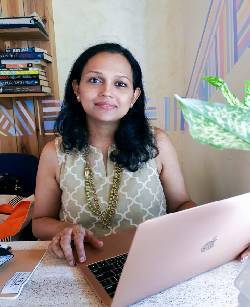
Sitanshi Sharma
Co-investigator in a RCT

M. Pranav Rohit Kasinath
Senior Resident at Sanjay Gandhi Post Graduate Institute of Medical Sciences
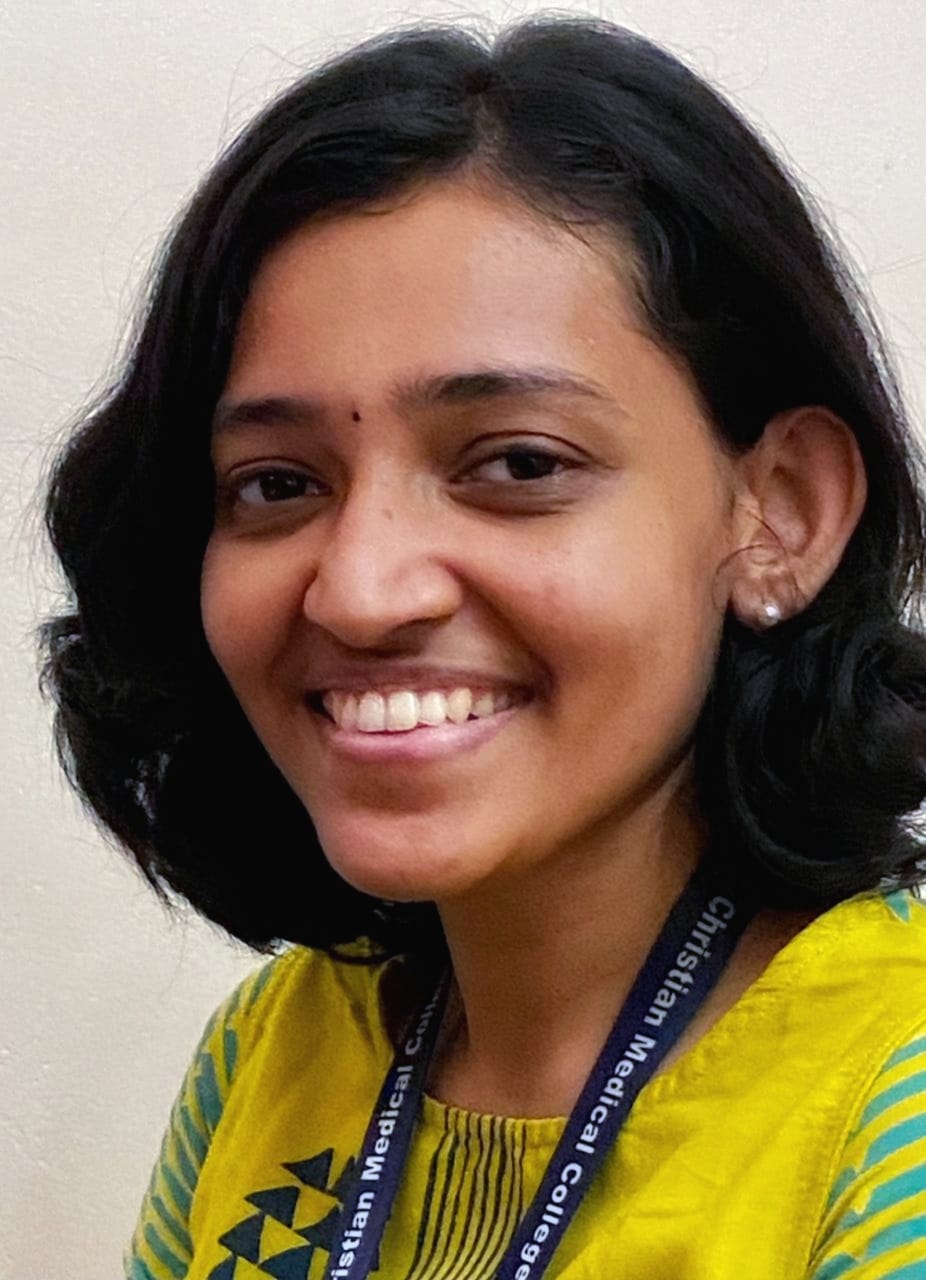
Gayathri S.
Research fellow, Wellcome Trust Research Laboratory at Christian Medical College, Vellore
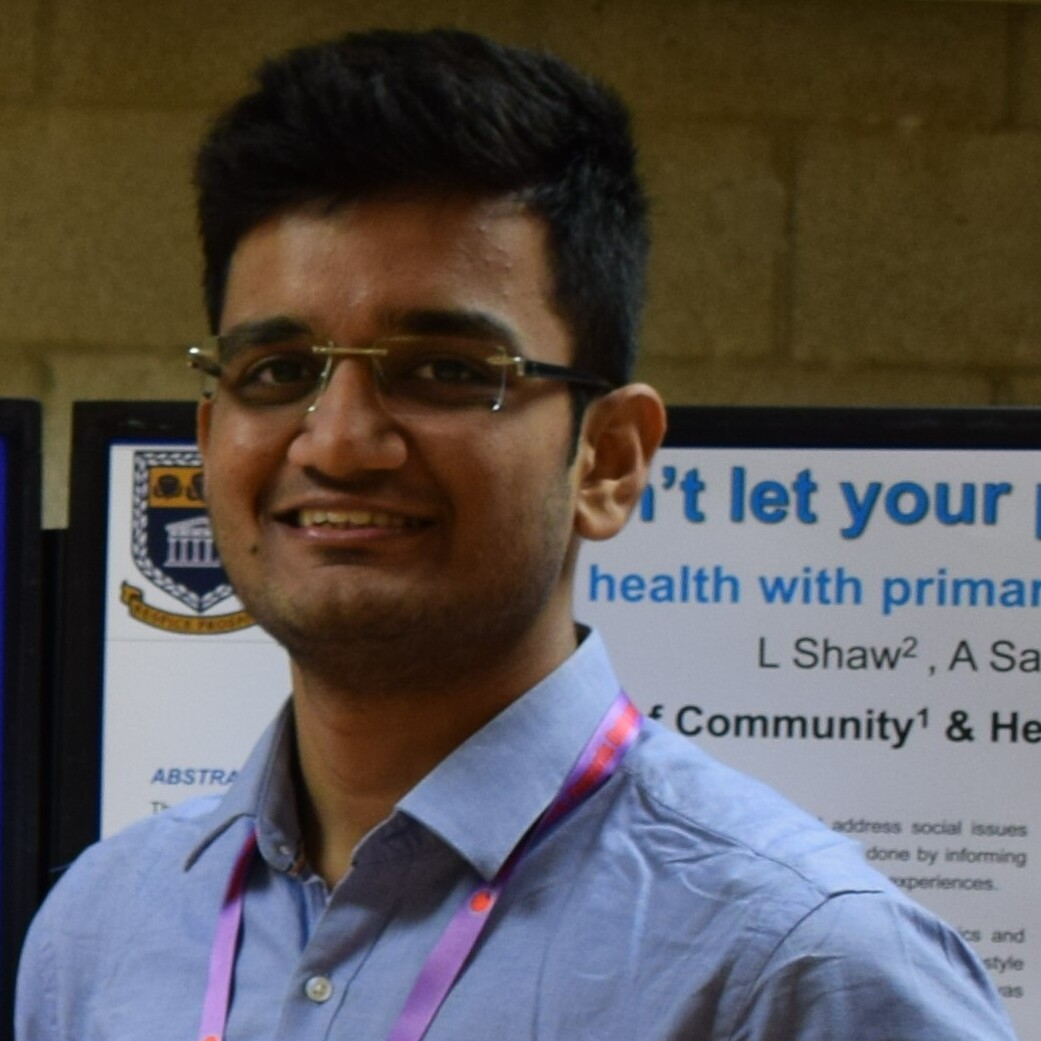
Parth Sharma
Junior Resident, Department of Community Medicine, Maulana Azad Medical College, Delhi

Madhumitha Balaji
Clinical psychologist and Researcher, Sangath, India

Dr. Shridhar Kadam, MD, MPH, PhD
Additional Professor and Deputy Director, Indian Institute of Public Health, Bhubaneswar, Public Health Foundation of India

Shikha Kukreti
Ph.D. Candidate in Public Health at National Cheng Kung University (NCKU), Taiwan
- How can we deploy technology to make services more affordable and accessible to even the most economically disadvantaged?
- How can technology be used to empower patients and enable them to identify what is in their best interest, reducing the push for generalized solutions across the system?
- How can stakeholders in the healthcare industry, especially healthcare providers, be enabled to elevate their healthcare outcomes using cutting-edge technology?
- How can technology help bridge the large gap we see in the availability of services and human resources, particularly in smaller cities and rural areas?
Workstream Co-Chair

Vijay Chandru
Professor, Interdisciplinary Research, Indian Institute of Science
Commissioners Involved

Kiran Mazumdar-Shaw
Executive Chairperson, Biocon Ltd.

Tarun Khanna
Jorge Paulo Lemann Professor, Harvard Business School; Director, The Lakshmi Mittal and Family South Asia Institute, Harvard University

Nachiket Mor
Visiting Scientist, The Banyan Academy of Leadership in Mental Health

S V Subramanian
Professor of Population Health and Geography, Harvard University

Bhushan Patwardhan
Distinguished Professor, Interdisciplinary School of Health Sciences, Savitribai Phule Pune University, Pune, India; Chair, Interdisciplinary AYUSH Research and Development Task Force of Ministry of AYUSH

Atul Gupta
Assistant Professor, Department of Health Care Management, Wharton School, University of Pennsylvania.

Devi Shetty
Chairman, Narayana Hrudayalaya Limited
Commission Fellows
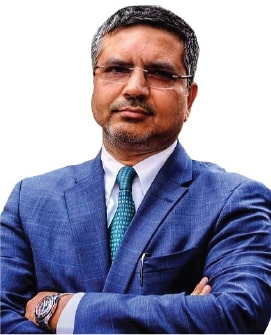
Dr. Ajay Bakshi
Neurosurgeon, Neuroscientist, McKinsey consultant and ex-CEO of Max Healthcare, Manipal Hospitals and India Operations of IHH/Parkway Hospitals

Dr. Renuka Garg
General physician

Raghu Dharmaraju
President, ARTPARK

Abhijith Biji
Research Fellow, Emerging Viral Pathogens Laboratory, Centre for Infectious Disease Research, Indian Institute of Science
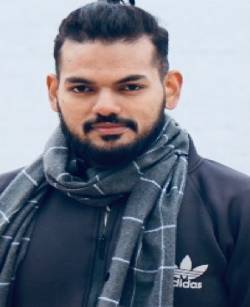
Dr. Rukman Mecca Manapurath
Research Scientist in Centre for Health Research and Development – Society for Applied Studies (CHRD-SAS), New Delhi
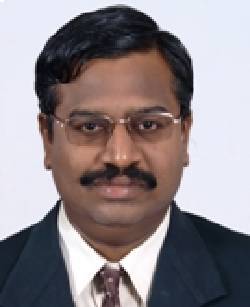
Andrew Babu
Senior Reader and Head of Physiotherapy Unit at Christian Medical College, Vellore, India

Hannah Mary T Thomas, PhD
India Alliance Early Career Fellow, Department of Radiation Oncology, Christian Medical College, Vellore

Dorcas Gandhi
Assoc. Professor, Clinical Supervisor and Telerehabilitation Consultant in the Dept.of Neurology, Christian Medical College and Hospital, Ludhiana
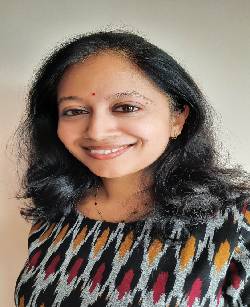
Anuradha Chandramohan
Professor of Radiology at Christian Medical College, Vellore, India

Sebin George Abraham
Doctor, Christian Fellowship hospital, Oddanchatram, Tamilnadu

Lenny Vasanthan T.
Lecturer in Physiotherapy, PMR Department at Christian Medical College, Vellore, India
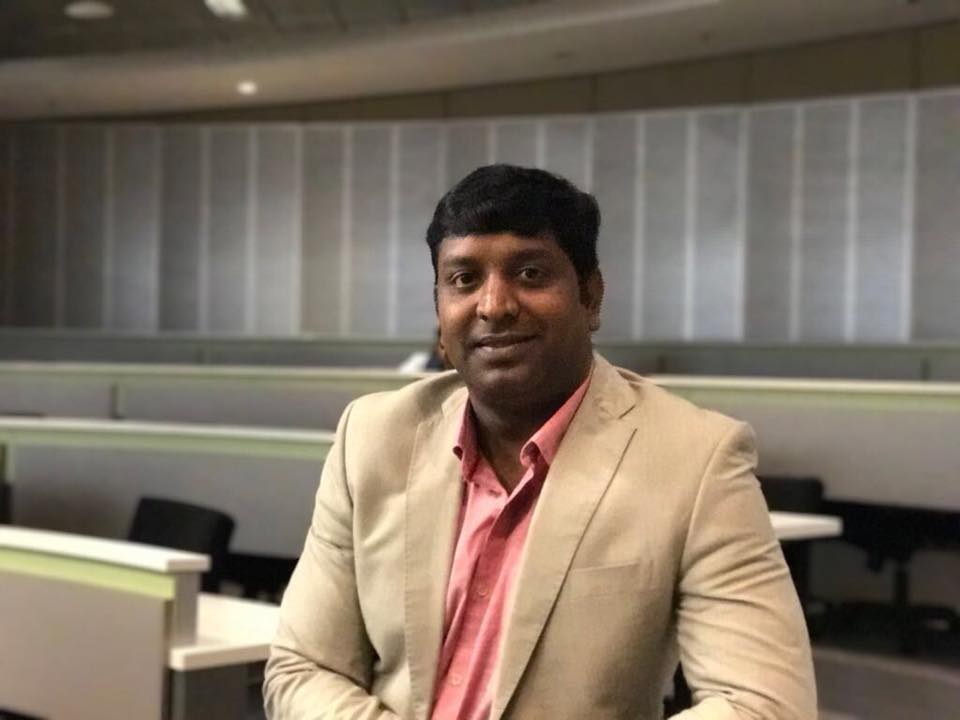
Dr. Sureshkumar Kamalakannan
Associate professor, Public Health Foundation of India

Dr. Deepthi R.V.
Assistant Professor in Division of Pediatric Nephrology Department of Child Health (CH2 unit) Christian Medical College Vellore, Tamil Nadu

Barsha Gadapani Pathak
Research Scientist in Centre for Health Research and Development – Society for Applied Studies (CHRD-SAS), New Delhi

Dr. Ashwaghosha Parthasarathi
Research fellow, Allergy Asthma and Chest Center (AACC), Mysuru, Karnataka, India

Dr. Sandeep Kadam
Consultant Neonatologist at KEM Hospital, Pune
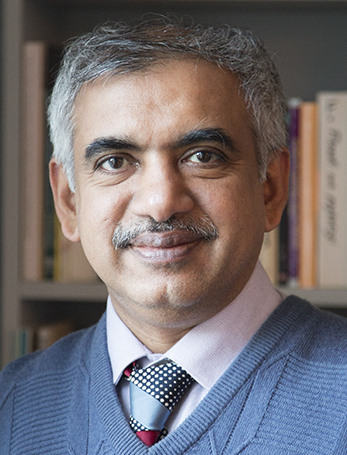
Sujith J. Chandy
Professor at the Department. of Pharmacology & Clinical Pharmacology, Christian Medical College (CMC), Vellore, India
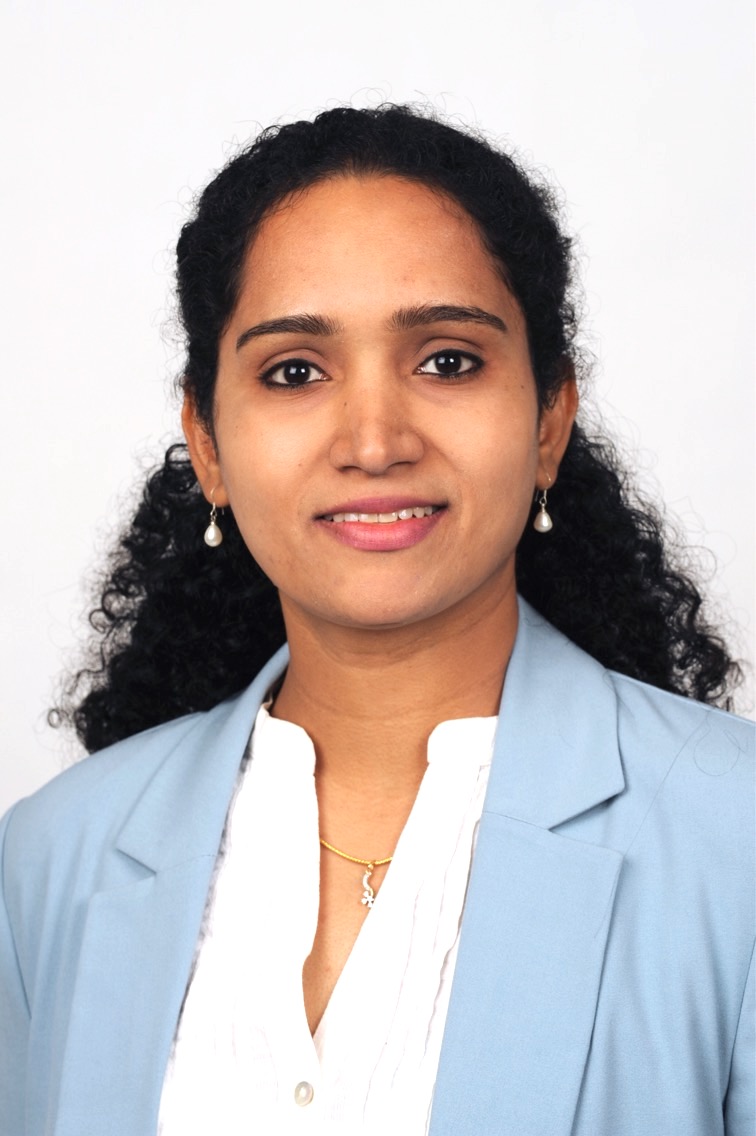
Beula Subashini
Associate Professor, Microbiologist, Christian Medical College, Vellore, India
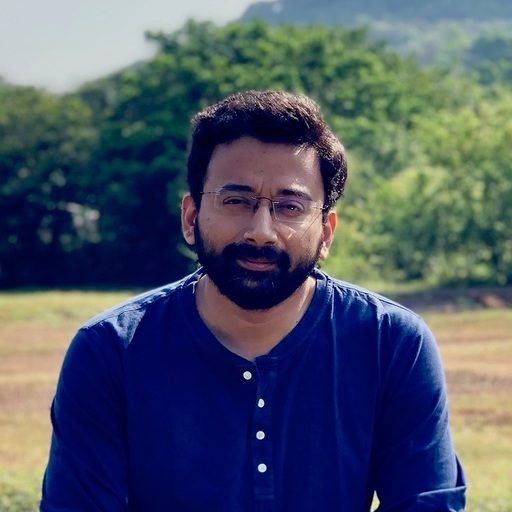
Ammar Jagirdar
Department of Clinical Microbiology Christian Medical College and Hospital Vellore

Thambu David Sudarsanam
Professor and Head, Dept. of Medicine, Christian Medical College; Also head of Clinical Epidemiology Unit and Cochrane CMC Vellore Affiliate

Prasanna Samuel
Associate Professor of Biostatistics at the department of Biostatistics & G.I Sciences; Resource faculty for the Clinical Epidemiology Unit and Cochrane affiliate India, Christian Medical College, Vellore
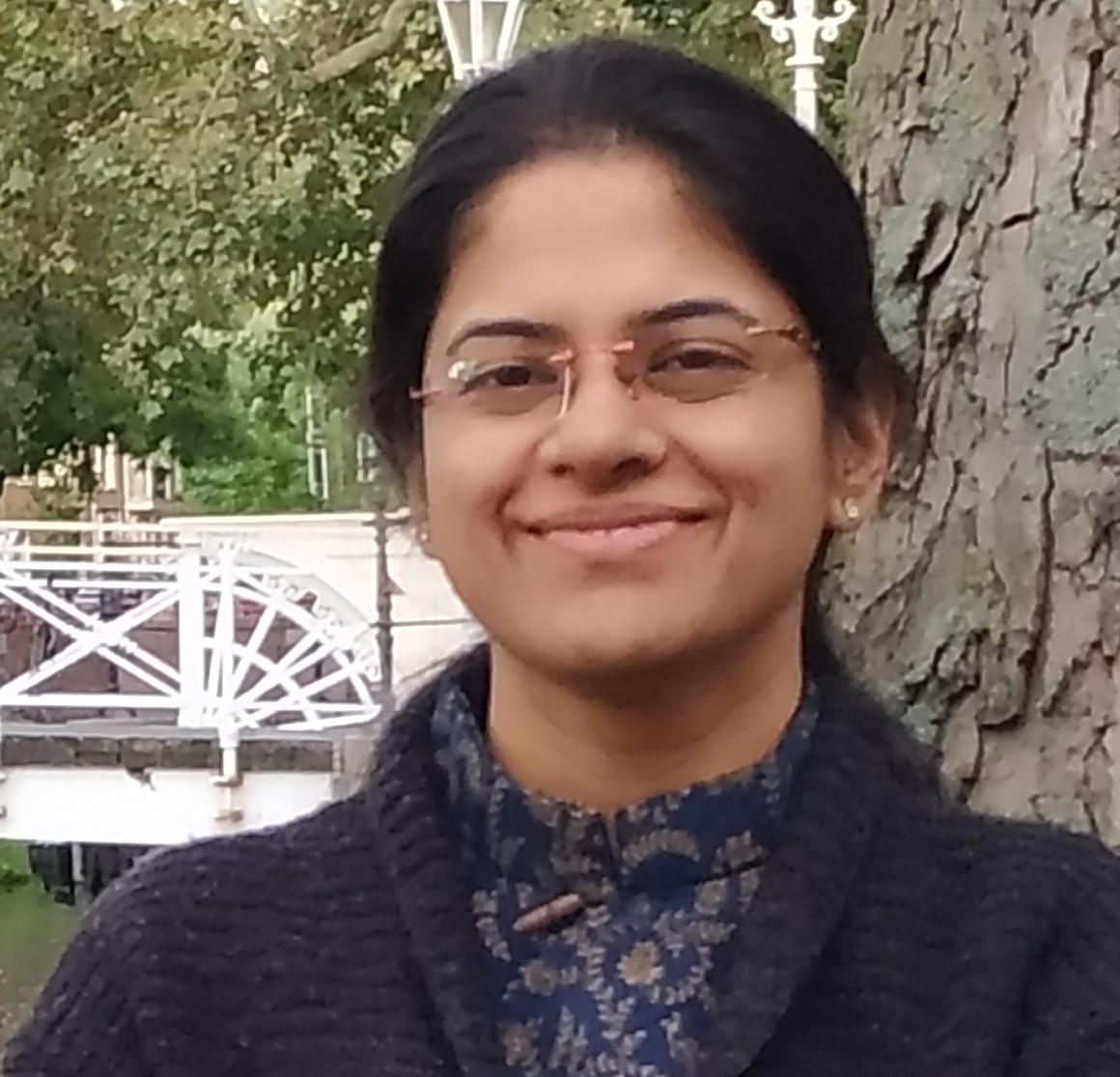
Aditi Apte
MBBS, MD (Pharmacology) PhD Scholar, Nanomedicine Lab, Department of Biosciences and Bioengineering, Indian Institute of Technology Bombay, Mumbai

Marilyn Ninan
Associate Professor position at the Department of Clinical Microbiology, CMC Vellore
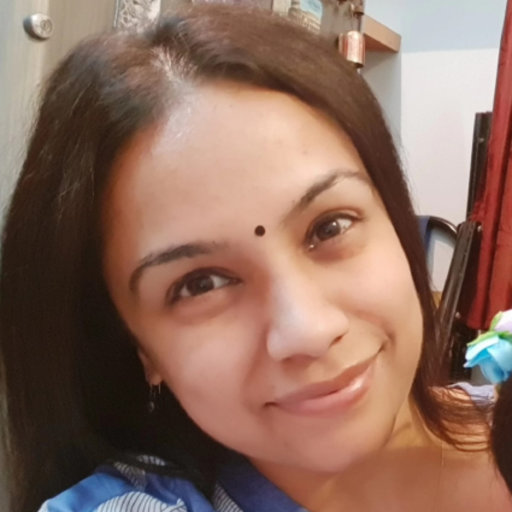
Sindhu Kulandaipalayam Natarajan
Associate Professor at the Wellcome Trust Research Laboratory, Division of Gastrointestinal Sciences, CMC, Vellore

Dr. Mahesh P. A.
Professor and former Head of the Department of Respiratory Medicine at JSS Medical College, JSSAHER

Santhosh Nagasubramanian
Associate Professor in the Department of Urology, Christian Medical College, Vellore

Apoorva Guttikonda
Research Assistant in Paediatric Neurology at Children’s Healthcare of Atlanta

Tila Khan
MVSc, PhD, DBT/Wellcome Trust India Alliance Early Career Fellow, School of Medical Science & Technology, Indian Institute of Technology Kharagpur

Arjun Kalyanpur
Founder and Chief Radiologist, Teleradiology Solutions

Manikandan S.
Scientist in ICMR Bioethics Unit, NCDIR Bangalore

Varsha Chaudhary
Research Fellow at Christian Medical College Vellore, India

Dr. Nonita Dudeja
Research Scientist at Centre for Health Research and Development, Society for Applied Studies, New Delhi
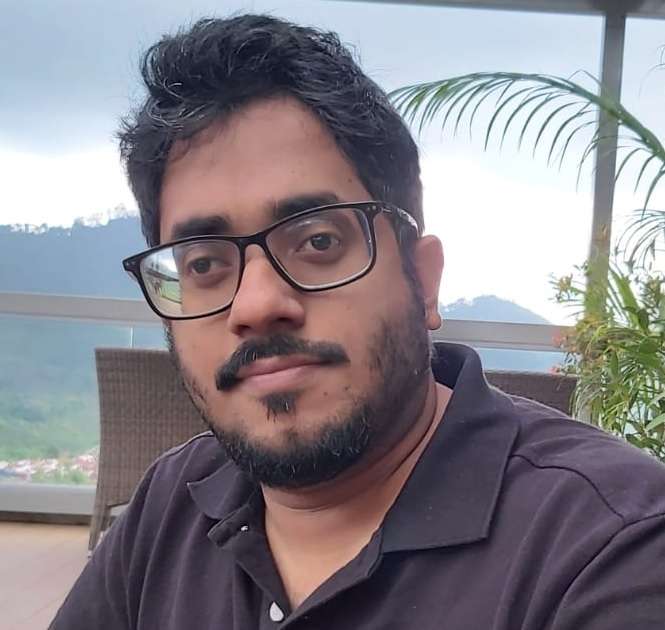
Dr Deepak Thomas Varughese
MBBS, MD Community Medicine (CMC Vellore) Assistant Professor Department of Community Medicine Believers Church Medical College
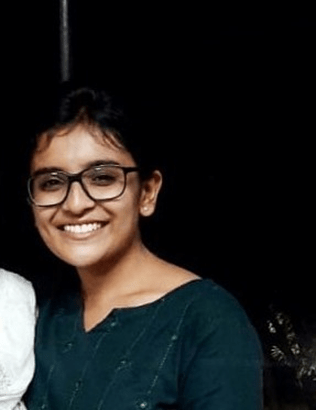
Christie Leya Prasad
BDS, MPH (TISS Mumbai) Department of Community Health Christian Hospital Bissamcuttack,Odisha.
